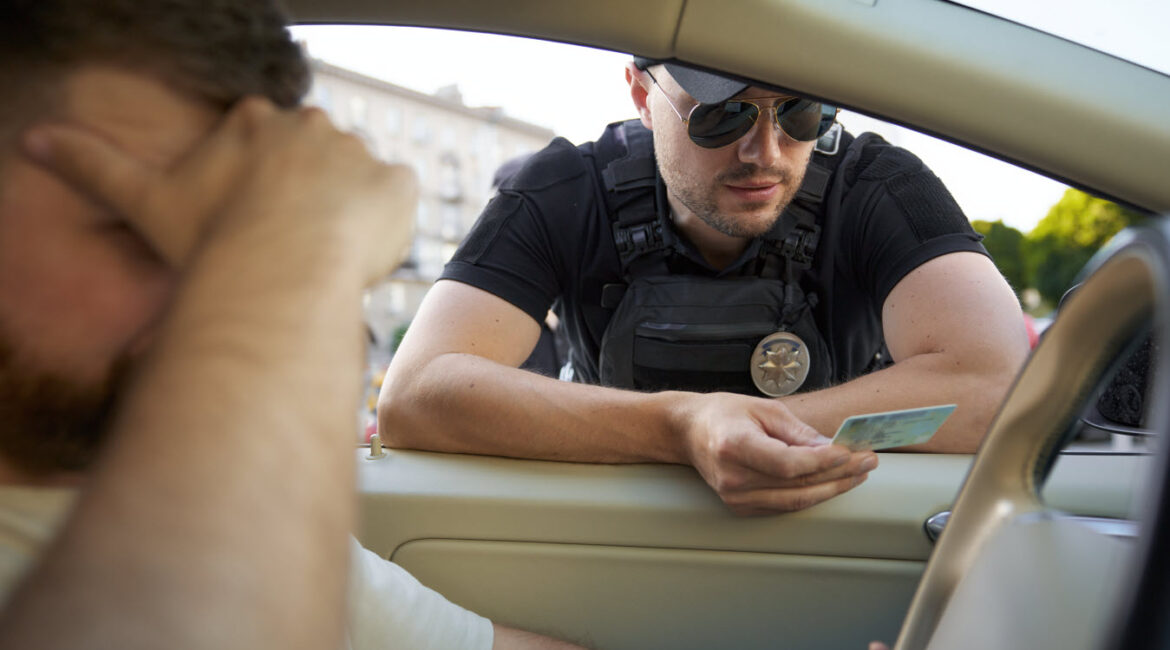Have you wondered about how you would handle a DUI stop in Shepherdsville or Bullitt County Kentucky? I am often asked whether a person should take the breathalyzer test at the scene of a DUI stop. Should you participate in any of the “sobriety tests” proposed by the officer at the scene? Should you consent to a breathalyzer?
This is not an easy question, and every person must make the best decision based on their unique circumstances. However, it is important to have insight and information when one is making an important decision, so what are the pertinent factors in this high-stakes encounter with the police?
If you are facing a DUI stop in Shepherdsville or Bullitt County, Kentucky, there are several important pieces of information to consider. Here in Kentucky, each citizen is bound by our “Implied Consent Law,” which requires all motorists to submit to a breathalyzer, blood or urine test if the police suspect you are operating a motor vehicle while under the influence of alcohol, prescription drugs or a controlled substance. The simple refusal of the drug test immediately results in a license suspension of 30 to 120 days (first offense), and much longer if this is your second or third offense.
Also, the refusal to take a test is considered to be evidence against you in any subsequent DUI case. The prosecutor in your case will accuse you of knowingly refusing to take the test because you knew you were above the legal limit, and a jury can consider this a factor when deciding guilt or innocence.
So why would anyone refuse to take a test at a DUI stop in Shepherdsville or Bullitt County, Kentucky? The simple answer is “evidence.” Assume that the dash cam in the police car and a body camera on the officer record every minute of the interaction. Any requested “sobriety test,” walking, speaking, or breathalyzer will be used as evidence against you. The primary argument for refusing to participate in sobriety tests or a breathalyzer is to avoid providing additional evidence that can and will be used against you in negotiations with the D.A. and at trial.
My name is John Schmidt, and after more than 25 years of experience as a DUI and criminal defense attorney here in Shepherdsville, I can tell you there are absolutely reasons why it may not be in your best interest to test. A high Blood Alcohol Content (BAC) reading can and will lead to enhanced consequences. Refusing to take the tests makes it harder for the prosecution to prove you were impaired (or how impaired you allegedly were).
It is also important to note the police in Kentucky are able to seek a warrant for a blood test if they believe you are intoxicated and you have refused a breathalyzer. Blood tests are generally more accurate than field tests such as a breathalyzer.
Ultimately, the decision “to test or not to test” is fact-specific and an individual choice. It is prudent to consider declining the test(s) if you believe you are over the limit, especially if you believe you are seriously over the limit. If you have had multiple drinks within the past two hours, it may be better to keep important evidence out of the prosecutor’s hands. Any DUI conviction will result in a mandatory suspension of your driver’s license anyway. Why provide additional evidence to be used against you.
Be polite. Be respectful. Be quiet. If you choose to decline the breathalyzer and sobriety tests, simply say “I respectfully decline, and wish to exercise my right to remain silent and to speak with my attorney.” Call me at (502) 509-1490, and we will discuss the next steps.
We invite you to contact us via e-mail, schedule an appointment or call us today at (502) 509-1490 to get the advice and aggressive criminal defense you need and deserve. At the Law Offices of John Schmidt & Associates we bring more than 25 years of experience to your side of the equation, manage the situation you face and the allegations against you, and work hard to achieve a much better outcome in your case than you can or will accomplish on your own.








